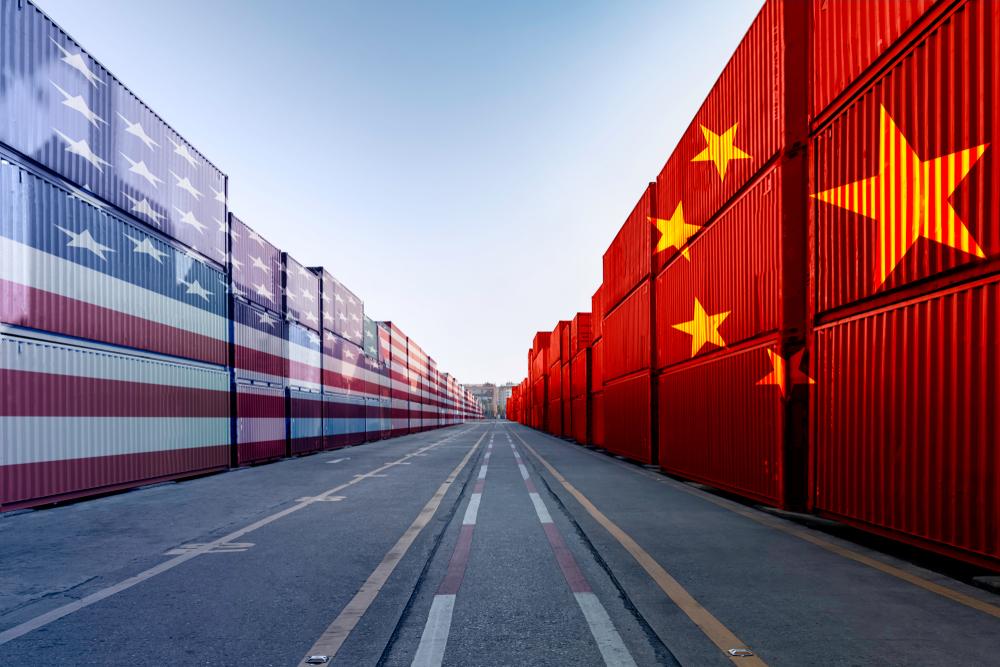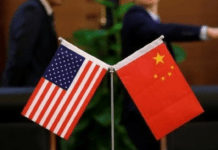Today, US Secretary of State Tony Blinken and US National Security Advisor Jake Sullivan will meet Wang Yi and Yang Jiechi, their counterparts in the Chinese government in Anchorage, Alaska, to discuss conflicts over trade, technology, and other sources of economic strain.
Despite China’s goal to deescalate trade and political tension, the United States is not ready to back down. After a years-long trade war, sanctions, and punishments to China’s largest technology companies by Donald Trump, President Joe Biden is continuing the push to punish China in response to the public’s sharp change in opinion against the Asian superpower. Although the conversation means to address trade and economic recovery following the Covid019 Pandemic, geopolitical topics likely will dominate the meeting.
In addition to concerns over trade, the United States plans to address China’s massive human rights violations and international security threats. In an earlier meeting in Tokyo on Tuesday, Blinken stated that he believes China is threatening regional stability, particularly in the East China Sea and Southern Pacific. Further, the United States has already enacted additional sanctions this week in response to China’s imposed limitations on elections in Hong Kong.
Although this is the first of such discussions between the two global powers, neither China nor the United States has any expectations that the meeting in Anchorage will be fruitful. This is mainly due to the fact that public opinion against China prevents President Biden from doing too little to end China’s human rights violations and aggressive, imperialistic activities in the Pacific. Rather than an attempt to solve any of the most significant issues facing the two nations, the discussion in Anchorage will primarily serve to assess the relationship between China and the United States. The meeting will also give an opportunity to begin discussing more major conflicts, even if no resolutions are made.
Among the concerns being discussed at the meeting in Anchorage are China’s forced labor camps in the province of Xinjiang. In attempts to limit China’s labor camps’ activity, the United States has already imposed sanctions that prevent goods made in labor camps from entering the US market. President Biden will likely expand the sanctions to distance the US economy from China even further. This is also part of Biden’s effort to review US supply chains and limit the influence China has on the American economy.
President Joe Biden’s aggressive sanctions against China coincide with his “Build Back Better” initiative to restore the American economy to its former glory. Following the disastrous presidency of Donald Trump, Joe Biden’s plan seeks to extricate the American economy from Chinese supply chains and emphasize American-made products.
In response to America’s aggressive stance against China, Chinese officials have made several public comments criticizing the human rights record of the United States. Citing the previous administration’s response to Covid-19, police brutality, and a long history of genocide, the Chinese government feels that the United States is in no position to criticize their forced labor camps and other human rights violations.













